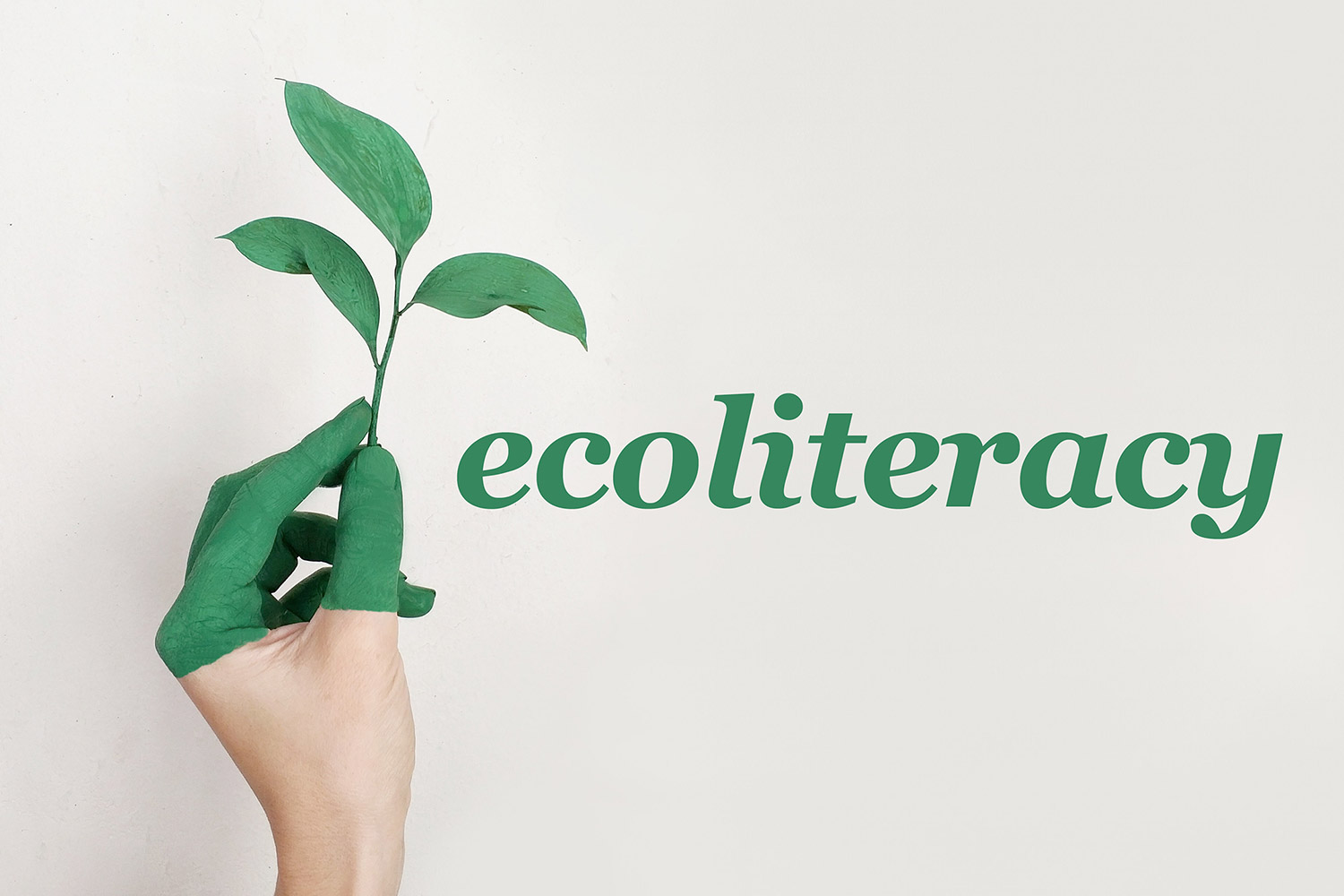Ecoliteracy: an ideal to keep thriving renewable energy

Imagine fuel without fear. No climate change. No oil spills, dead coal miners, dirty air, devastated lands, lost wildlife. No energy poverty. No oil-fed wars, tyrannies, or terrorists. Nothing to run out. Nothing to cut off. Nothing to worry about. Just energy abundance, benign and affordable, for all, forever.
Amory Lovins (Reinventing Fire) *
Such romantic thinking sounds like a stanza from the inspiring song ‘Imagine’ by Lennon. In fact, many might say people like Amory Lovins are dreamers, yet we know it’s not by any means just poetry. We urgently must keep attempting the progression towards renewable energy sources in order to survive as specie. We have to notice how in a finite world with finite resources is further than necessary to co-create with the circular/generative/resilient cycles of nature, and obviously energy isn’t the exception. So concerning many aren’t on the same page, most of them western governments and industries, those who are –like you and me– should foster ecoliteracy as a way of rethinking energy systems at local, regional and global scale. Hopefully they’ll join us…but, is “someday” doom and gloom?
In this line, to acknowledge the concept of Energy Return on Energy Investment (EROEI) has been really worthwhile. In my view, the EROEI is an alternative to educate “Homo economicus”, the prevailing hominid condition that has ecology at the rear of their concerns. These quantities explain as clear as crystal the cost of extraction is more and more expensive every time, i.e., evidently unsustainable. Nonetheless, the common sense is the least common of the senses, mostly when Industries such as automobile and food have great financial clout on governments. Moreover, I have to highlight the concept of “negawatts” coined by Lovins (Reinventing Fire book) as the most effective way of re-designing sustainable energy systems. This approach which conveys an efficient saving of energy is certainly an educational model to follow for a conscious use with no waste. Additionally, by recognizing all the technologies entailed in the process of generating clean energy we all have a good chance of applying some of them in our projects, as well as spread it out into near communities and then in a major scale if it’s possible. Hence the importance of ecoliteracy as the thrust.
I also want to suggest reading The Systems View of Life by Fritjof Capra & Pier Luigi Luisi as a complement for diving into both the topic of sustainable energy production and ecological literacy. In this book they lucidly expose some cases as systemic solutions on energy, including the Integrative design approach fostered by Amory Lovins at the Rocky Mountain Institute (RMI). Furthermore, they bear projects as Plan B headed by Lester Brown in The Earth Policy Institute, and The Third Industrial Revolution posed by the economist Jeremy Rifkin as an additional systemic dynamic for going further fossil fuels towards a hydrogen-based system.
By the time we situate ecology instead of economics as the crux of our priorities, we’ll have a hope of being truly Homo sapiens reciprocans rather than Homo economicus (or selfish hominids). Ecology and Economics share the same root, which is the Oikos (Eco): our Household, our Planet Earth/Water, our Life. Therefore, economics as a means to manage Mother Nature’s resources must honor ecology. by means of a generative economy rather than extractive, we can soar appropriate technologies for producing renewable energy and thus have faith of “someday”.
*Quoted by Capra & Luisi in their book The Systems View of Life (2014)
Author: Juan Sebastián Cárdenas Salas (March 5, 2018)
From the serie: Reflections Around Gaia Education
See lecture: Amory Lovins – Reinventing Fire
See Interview: Jeremy Rifkin: The Third Industrial Revolution
See lecture: Earth Talk: Fritjof Capra – The Systems View of Life
Enroll in Gaia Education:
https://gaiaeducation.org
Enroll in Capra Course:
https://www.capracourse.net/
Visit Center for Ecoliteracy:
https://www.ecoliteracy.org/
Research on energy returned on energy invested:
https://en.wikipedia.org/wiki/Energy_returned_on_energy_invested
Visit The Earth Policy Institute:
http://www.earth-policy.org/
Resources of support
Ecological Dimension – Module’s 4 Handbook general contents and references (Gaia Education, 2018)
Cover Image by Alena Koval: Pexels.com (Adapted by Jscinteractivo) https://www.pexels.com/photo/person-s-left-hand-holding-green-leaf-plant-886521/

